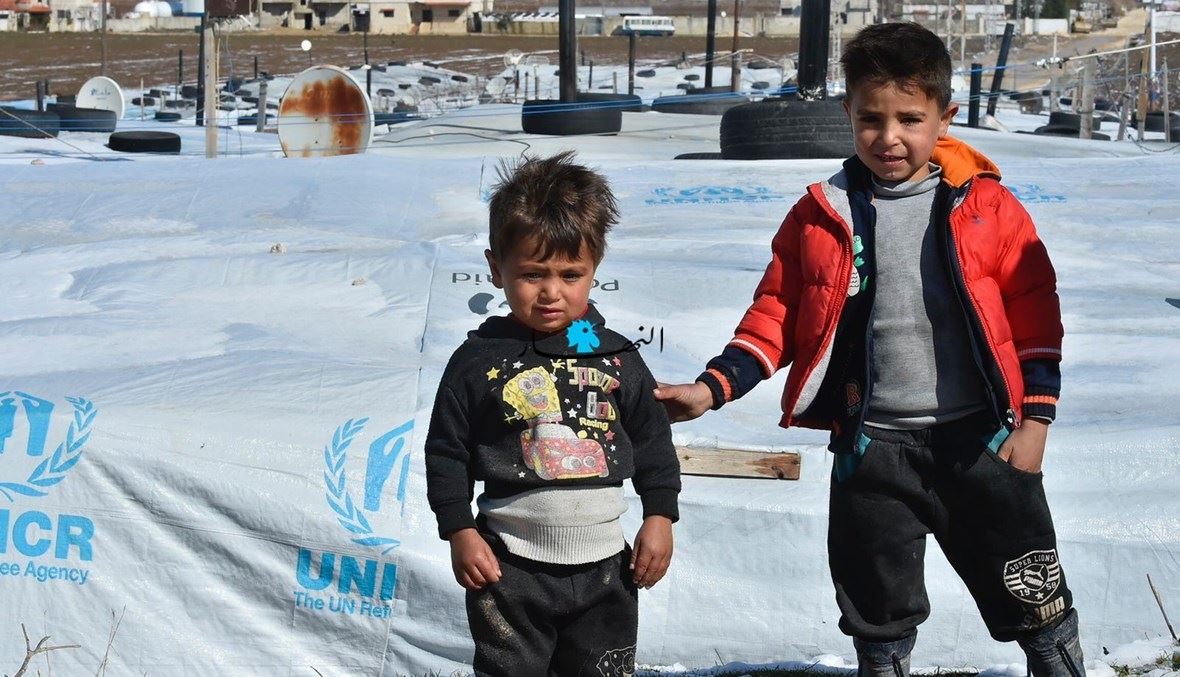Lebanon is a country holding the largest number of Syrian refugees in the region fleeing the war in Syria. All regions and cities in Lebanon with a high concentration of Syrian refugees share a similar extended marginality, underdevelopment, and have a weak infrastructure. Syrian refugees enjoy different levels of political and legal conditions, freedom of mobility, access to goods and services, access to the labor market all across their geographical settlements within Lebanon. The Syrian refugee crisis has now become a major concern to the stability of Lebanon.
The shifting developments of the refugee crisis in Lebanon since the beginning of the war in Syria have impacted on the economy, health, education, environment, and transportation sector resulting in overcrowding, competition for jobs and businesses, and threat to security and safety of Lebanon according to many analysts and researchers.
After a decade of shuffling, the issues of Syrian refugees become very important for the Lebanese government, note that Lebanon is still trying to find its way to elect a new president after months of vacancy in the number one position in the country.
The work deployed by NGOs and UNHCR agencies in Lebanon could not replace Lebanese government responsibilities and tasks; the mismanagement of the crisis shaped the overwhelming effect of the Syrian crisis on Lebanon.
Funds, rules and legislations to Lebanese governments are becoming critical if the country’s stability is to be guaranteed. There is more need than ever to take actions assuming the responsibilities of maintaining and protecting Lebanon from a catastrophic situation prevails.
Some major guidelines should be drawn to regulate and manage the presence of the Syrian refugees along with a needed law for migrant, protecting both the refugees and the citizens of Lebanon.
The crisis dates since the war started more than a decade ago in Syria, yet the Lebanese successive Governments did not do any serious action regarding the effect of Syrian refugees on Lebanon until recently where actions should follow directions; implementation on such strategies would put Lebanon ahead in its’ negotiations with the international community to preserve the future interest of the country of Lebanon.
Today , more than ever, it is time to organizationally manage and arrange the crisis in a scientifically responsible manner and to make recommendations on what can be done to reject specific deficiencies.
The principles and philosophy of maintaining the sovereignty of Lebanon provide a valuable tool in the quest for public institutional excellence; so Lebanon could sustain being a mission to the whole world as stated by the Saint Pope John Paul the second: “Lebanon is more than a country Lebanon is a message”

